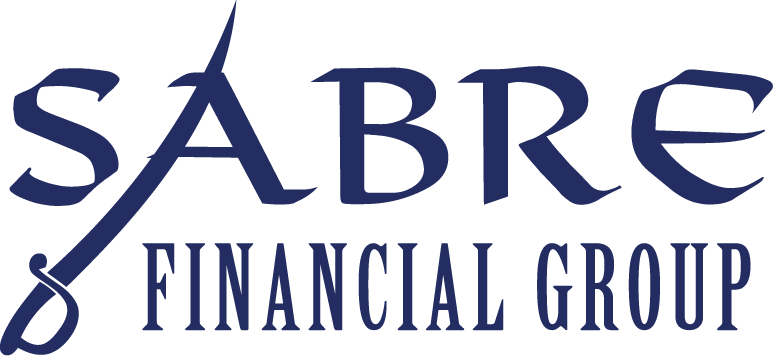
You’ve invested countless hours and energy into your business over the years. But do you know your business valuation? How much your business is worth—or how to increase its value?
While your company’s profits are clear from your financial statements, determining its true value requires a deeper analysis. This is where a professional business valuation comes into play.
What is a Business Valuation?
A business valuation determines your company’s worth by analyzing all its tangible and intangible elements. This includes products, services, financial performance, client base, dependencies, and more, distilled into a single price or range of value.
A proper business valuation is a subjective but well-informed estimate. Rather than relying solely on a simple multiple of historical earnings, it considers the expectation of future cash flow. This distinction is key: valuation focuses on the company’s ability to generate sustainable cash flow in the future. It does not rely solely on past performance.
Your business might need a valuation for various reasons, such as attracting investors or preparing for a sale. It can also be essential for setting strategic goals, estate planning, or resolving disputes.
Business Valuation Myths and Misconceptions
Before we address the two general types of business valuations, we want to discuss several common myths and misconceptions. These are issues that business owners and others often have about business valuation. These misconceptions can lead to poor decisions and highly inaccurate estimates.
Myth 1: Valuation Is Based on Earnings or Revenue Multiples
Many assume that businesses are valued solely on multiples of Revenue, EBITDA (Earnings Before Interest, Taxes, Depreciation, and Amortization), or SDE (Seller’s Discretionary Earnings). However, true valuations focus on future cash flow from operations —a metric that accounts for all expenses, capital expenditures, taxes, and owner compensation. Operating cash flow is the ultimate measure of financial health and sustainability.
Myth 2: Valuation Includes the Upside Potential that a New Owner Might Capture
Buyers don’t buy for what the business will be after that buyer infuses the new business with more capital, new ideas, and additional energy and effort. Buyers pay for what the business is now based on its current trajectory.
Myth 3: Underreported Earnings Can Be Adjusted and Recalibrated to Reality
Many business owners underreport income to minimize taxes, believing they can “adjust” for these discrepancies during valuation. However, lenders and investors often rely on tax returns to verify cash flow. While some adjustments may be appropriate, in most cases, the valuation relies on earnings the company actually reports to the tax authorities.
Myth 4: Business Valuation Exists in a Vacuum from Global Economics
Many believe that a business’s value is solely dependent on its internal performance and assets. Certainly business-specific issues matter, be that customer concentration risk, the dependency of the business on key personnel, or other factors. However, macroeconomic conditions can significantly impact valuations as well. For instance, higher market interest rates make stable, cash-generating assets more attractive and tend to depress the value of private companies in relative terms. Valuations don’t occur in isolation—market conditions, economic trends, and investor risk tolerance all play crucial roles.
Myth 5: Tangible Operating Assets Should Increase the Value of the Business
A common misconception is that a company’s valuation should receive a boost or “bonus” for tangible fixed assets like vehicles or heavy equipment. In reality, since these assets are required to operate the business and generate cash flow, they don’t provide additional business value beyond their role in supporting operations. Valuation ultimately hinges on the company’s ability to produce sustainable cash flow, not on the standalone worth of the assets needed to generate that cash.
Myth 6: Industry-Standard Multiples Are Sufficient for Quick Valuations
While industry-standard multiples may be used as rough benchmarks, they are not a definitive measure of value at all. The reality is that buyers and investors pay for future cash flow on a risk-adjusted basis, regardless of the industry. Riskier industries may warrant higher discounts, but the underlying principle remains – arbitrary multiples have minimal impact, and valuation in fact is a reflection the risk-discounted expected future operating cash flow of the business.
What’s the Difference Between an Informal and Formal Business Valuation?
There are two primary approaches to business valuation: informal Calculations of Value and formal Conclusions of Value. One or both can be the right solution for the situation.
Informal Business Valuation
Also referred to as a Calculation of Value, an informal valuation is a cost-effective and quicker option than a formal valuation. It uses methodologies tailored to your goals and provides a general estimate of your business’s worth.
An informal valuation is often used for strategic planning, internal transfers (such as selling to a family member), or for setting short- and long-term business goals. But they also can be highly effective in an open-negotiation situation where the goal is not to determine an independent valuation per se but rather a valuation that one counterparty feels is reasonable and acceptable based on their own situation and risk tolerance.
While informal valuations are valuable for planning and goal setting, and for an open-negotiation scenario between arms-length parties, they may not hold up in legal or regulatory contexts such as IRS reviews or litigation.
Formal Business Valuation
A formal valuation, or Conclusion of Value, is more comprehensive and employs multiple valuation methods, rigorously analyzed, to produce the most accurate picture of your business’s worth.
Formal valuations are critical for legal and financial matters, such as IRS requirements, litigation, or complex mergers and acquisitions. While they are more expensive and time-intensive, formal valuations provide a reliable and defensible result. They carefully account for every nuance of your business.
Hiring an experienced advisor to perform a formal valuation ensures a thorough and credible result, particularly when navigating legal disputes, partner buyouts, or other significant events.
Which Valuation Should You Choose?
If you’re planning for the future, seeking investors, or setting goals, an informal valuation may suit your needs. It can also be helpful if you’re looking to acquire a company or preparing for a sale. An informal business valuation also provides valuable insights at a fraction of the cost. When a more detailed assessment is necessary, a formal valuation may be the best solution. This is especially true for legal or regulatory purposes.
How Can We Help?
Whether you’re selling your business, acquiring a company, or planning strategically for the future, Sabre Financial Group can guide you every step of the way. Determining the right valuation method depends on your specific circumstances. Contact our team today to schedule a consultation and learn more about how best to secure a valuation for your company.

